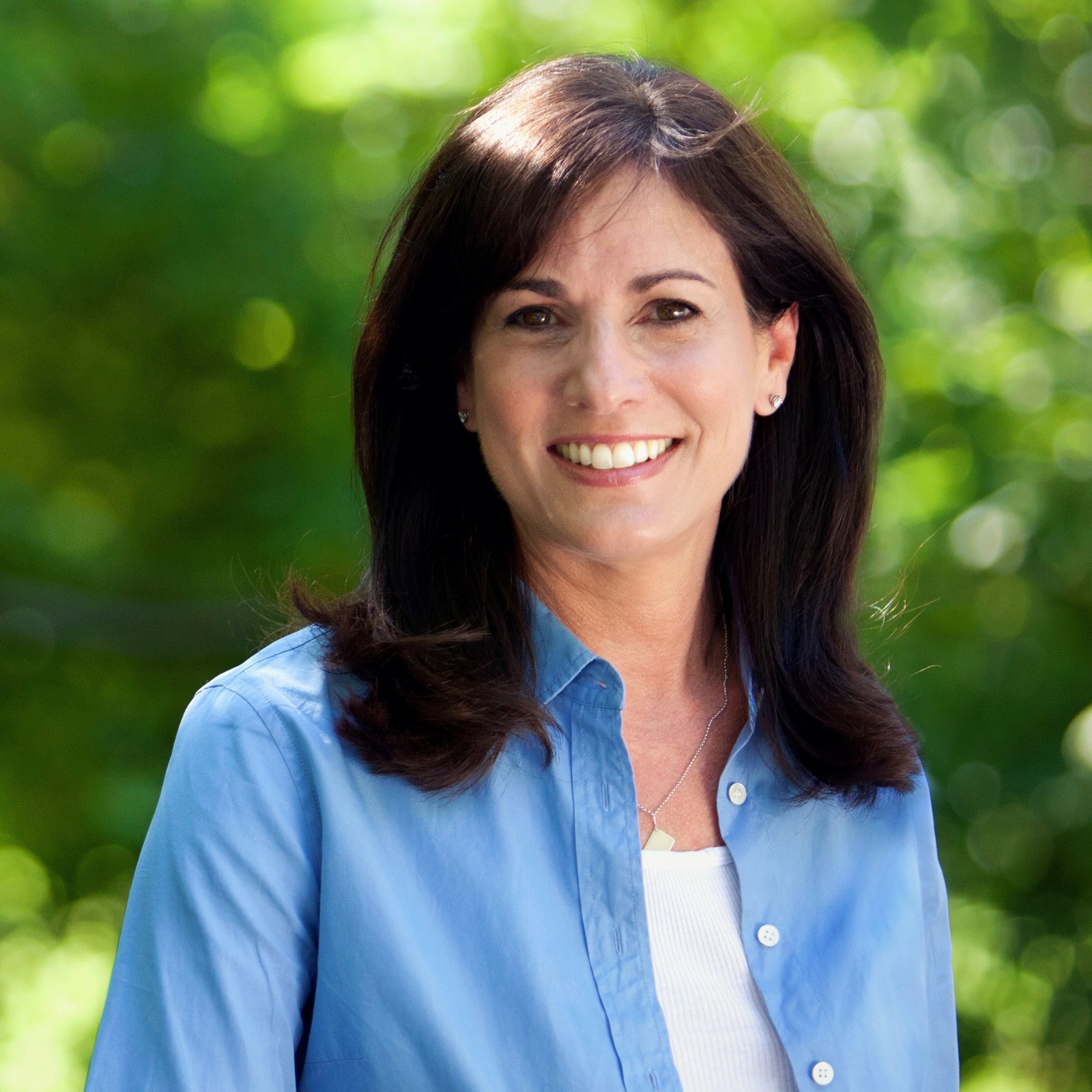Originally published in the Spring 2023 issue of Kansas Child Magazine.
A Complex Ecosystem
The early childhood field in Kansas is a complex ecosystem. As executive director of the Kansas Children’s Cabinet, I often act as a connector — working in families’ best interests to find alignment between the many early childhood stakeholders, particularly nontraditional partners like those in the private sector.

Child care is a perfect example of an early childhood issue that spans multiple sectors and interests. Parents aren’t the only ones who depend on reliable care; employers and the communities where they are located have a vested interest in expanding child care options. Our state can’t experience economic growth unless we have someone caring for our children — and unless our children’s care prepares them to be thriving adults. Dedicated caregivers across Kansas provide essential support for young children and their families, while simultaneously contributing to our state’s overall productivity and economic stability.
The Private Sector Can Play a Significant Role in Expanding Child Care Options
Companies investing in on-site child care can increase both employee retention and morale while reducing pressure on other providers in the community. Expanding public-private partnerships in communities across Kansas can help establish alternate funding streams, provide supplies and technological support to providers, and create pathways between educational institutions and child care centers.
Nationally, some of the most innovative and tractable solutions to expanding child care access make sure to include employers in the equation. Under the Michigan Tri-Share Program, child care costs are split evenly between families, the state, and employers. Similar programs have been introduced in Kentucky and North Dakota.
Child Care Business Tax Credits
Kansas employers have many tools at their disposal to support families, and everything counts. Employers who are in the position to offer on-site or subsidized child care can address the need directly and will likely benefit from a particularly devoted workforce as a result. These employers should take advantage of the Child Day Care Business Tax Credit, which has been expanded eligibility to all Kansas businesses that provide child care for employees or help employees pay for child care.
Employers can also offer Dependent Care Flexible Spending Accounts, giving employees the option to use pre-tax funds to pay for child care.
Creative Business in Child Care Solutions
For employers that are not in the position to offer child care benefits, adopting family-friendly workplace policies to help support families with young children will relieve pressure on the system, enabling parents to care for their children in some of the situations in which the child care system is particularly strapped. Flexible work schedules, hybrid or remote work, reduced or compressed work schedules, paid parental leave and sick leave, and infants-at-work programs enable parents to take on more of the care for their infants and sick kids — care which is particularly difficult to find and expensive on the open market.
All of these strategies help parents reconcile their responsibilities to their employers and to their families and create a culture of shared responsibility for children. They are also proven to increase recruitment, retention, and productivity.
In my travels to communities around the state, I have been impressed by how enthusiastic businesses are to partner on this issue. Businesses increasingly understand that child care is part of the equation for economic growth for themselves and the communities they call home. They are critical partners in developing innovative and sustainable child care solutions.
-

Melissa Rooker
Executive Director, Kansas Children’s Cabinet
Melissa began her current role in February 2019 after serving three terms in the Kansas House, focusing on children’s issues and public education. Before running for office, Melissa spent 15 years as a development executive at Malpaso Productions. She holds a bachelor’s degree from the University of Kansas.






